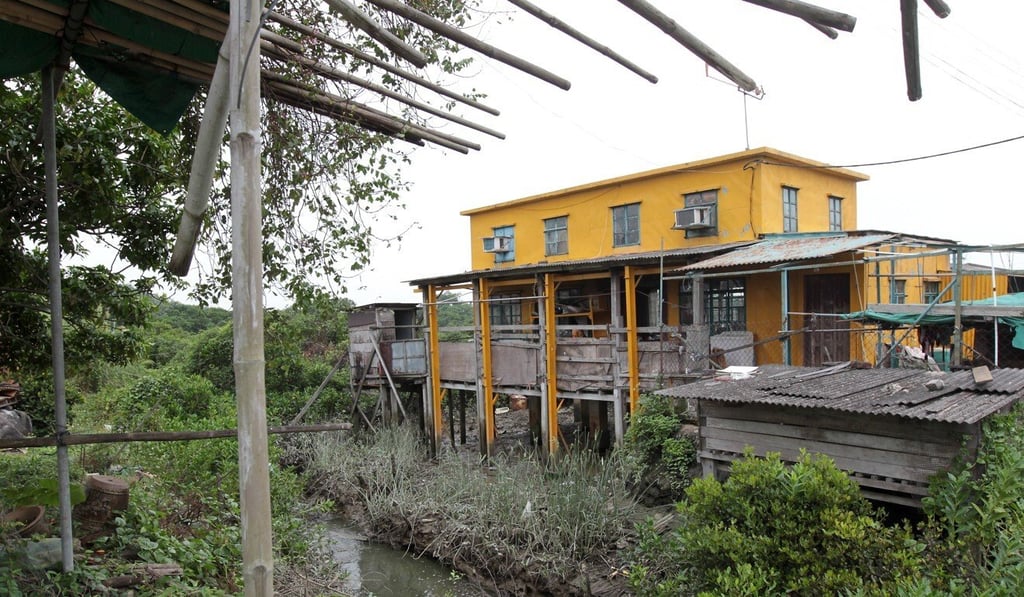Court sides with environmentalist against Hong Kong developer that wants to build on globally important wetlands
- Roy Tam launched a judicial review six years ago challenging Town Planning Board decision to allow Cheung Kong to build homes
- Area is renowned habitat for waterfowls, a stopover point for migratory birds, and is recognised as being of international importance

An environmentalist has won a judicial review challenging the decision to approve a major developer’s controversial plans to build homes in Hong Kong’s internationally renowned wetland habitat for waterfowls.
The High Court on Friday ruled in favour of Roy Tam Hoi-pong, founder of Green Sense, and ordered the Town Planning Board to reconsider the application from Cheung Kong subsidiary, Mutual Luck Investment, to develop Fung Lok Wai, in Yuen Long.
Tam said he had waited a long time for the ruling on his challenge, which was lodged six years ago, and was happy to find the court had sided with him.
His environmental group welcomed the judgment, and called for the board and developers to prioritise the city’s natural habitats over development, while a spokesman for Cheung Kong said the company was studying the decision.

Mr Justice Thomas Au Hing-cheung’s long-awaited judgment – handed down 22 months after the case was heard in 2018 – centred on the board’s decision in 2013 to conditionally approve the development, that would provide 19 residential blocks with 1,958 units on an 80 hectare site.